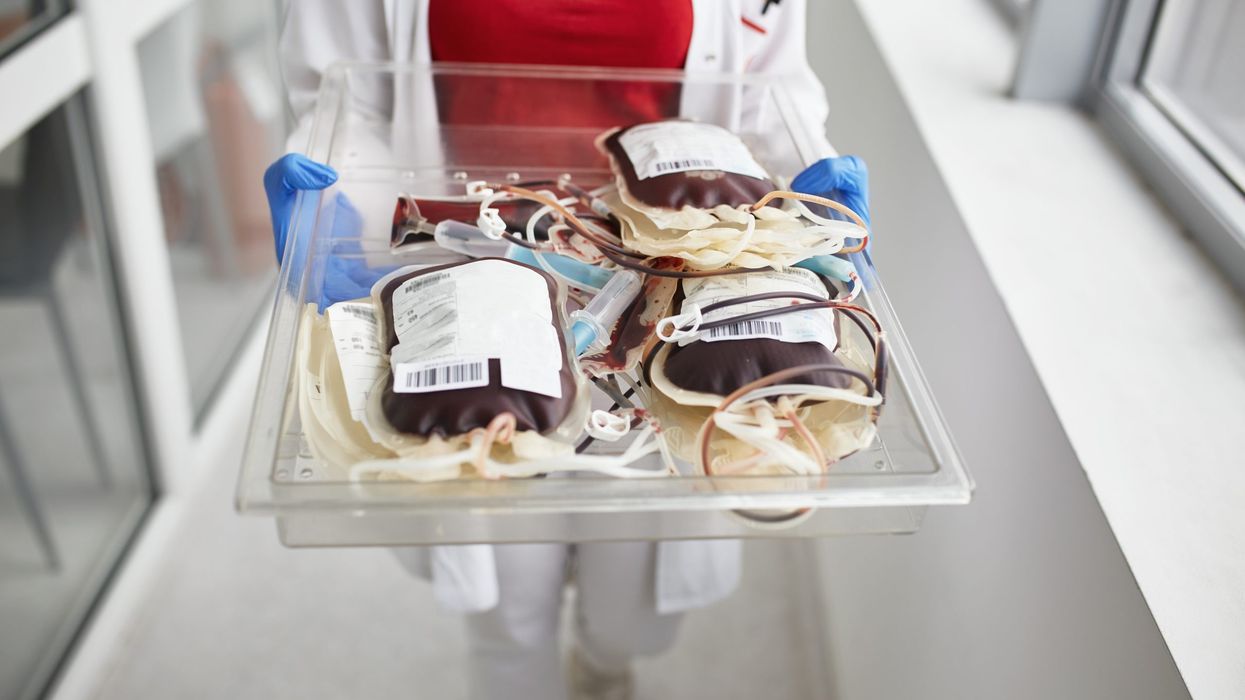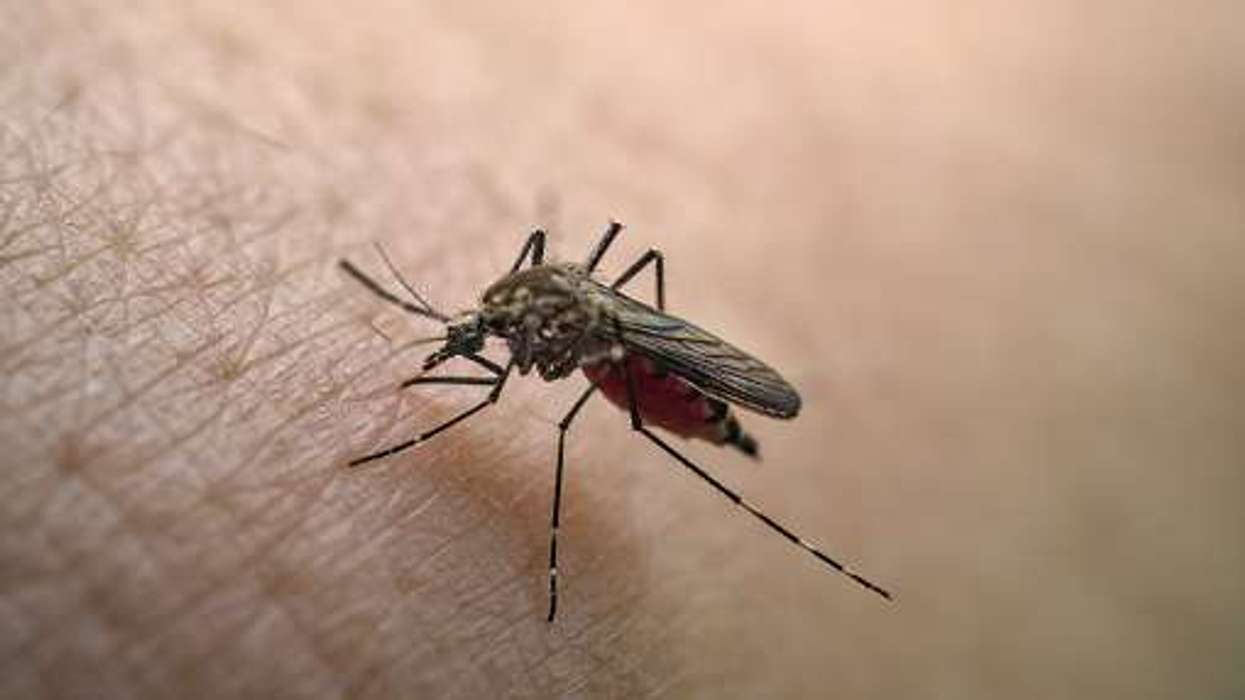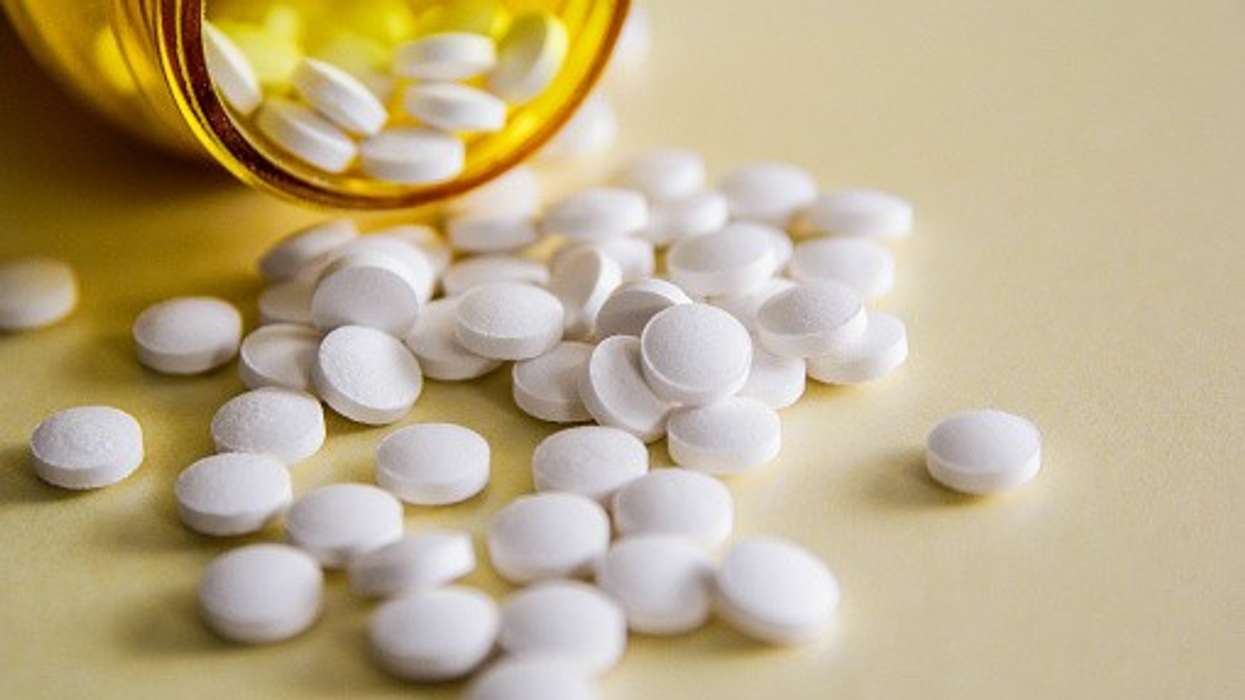Key Summary
- This is the first time that blood types have been DNA tested in the UK at such a scale
- Scientists have so far carried out the DNA testing of the blood of 77,000 donors
- Precision matching can help avoid severe transfusion reactions
The NHS is identifying and securing blood donations from individuals with rare blood types to enhance patient safety by ensuring "precision-matched" transfusions.
This initiative aims to mitigate the risk of adverse reactions for those requiring blood.
Scientists have so far carried out the DNA testing of the blood of 77,000 donors.
This is the first time that blood types have been DNA tested in the UK at such a scale.
Blood collected from these rare donors will be frozen, creating a vital reserve for others with the same specific blood type.
This will also be available to the donor themselves, if they require a transfusion in the future.
NHS Blood and Transplant (NHSBT) pointed out that there are 362 known types of blood groups.
Precision matching can help avoid severe transfusion reactions – where the body sees the transfused blood as “foreign” and rejects it.
People who regularly receive blood donations, including those with sickle cell disorder and thalassaemia, are particularly at risk of these reactions.












